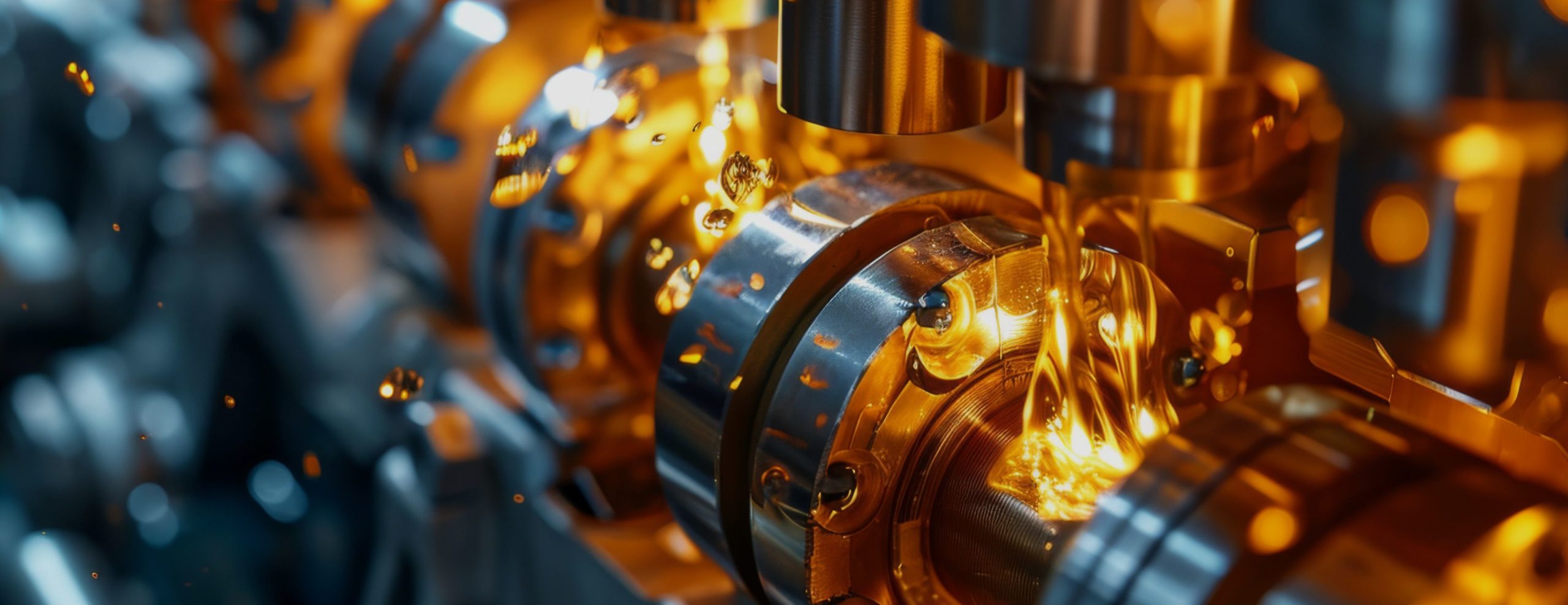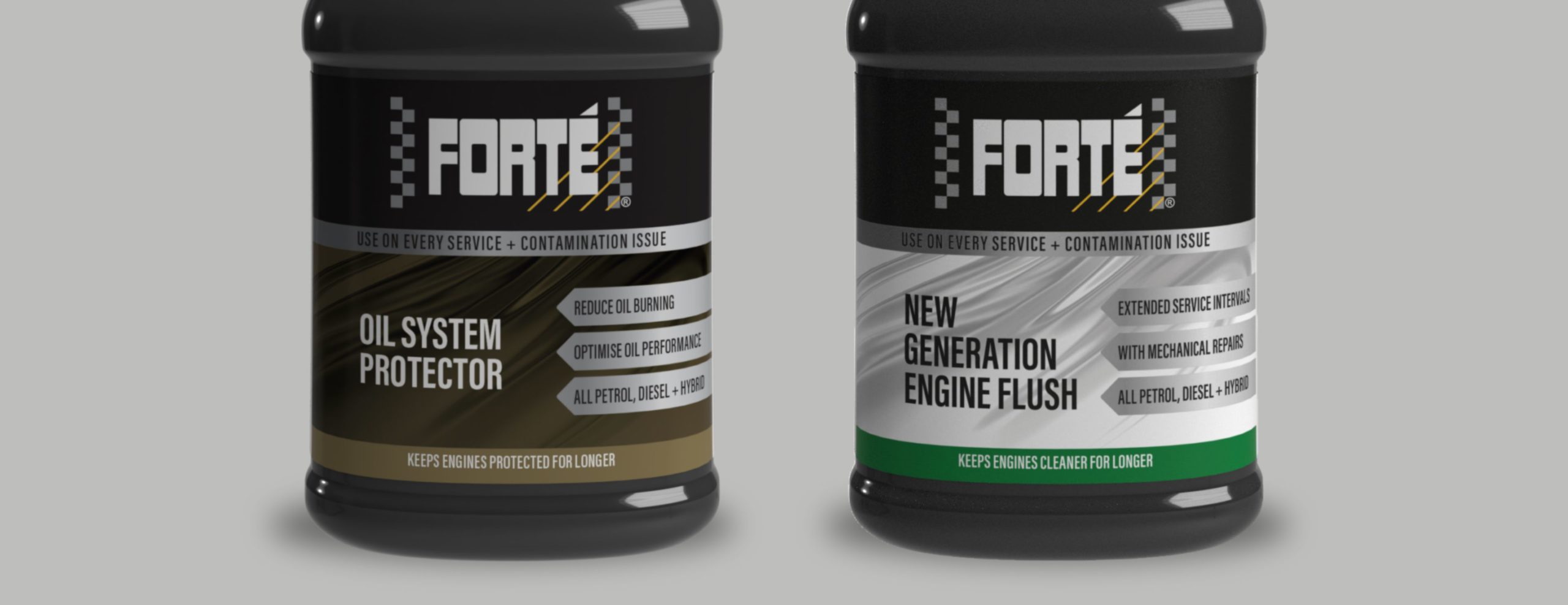Forté Technical Tips – Our effective engine oil cleaner
Most customer vehicle issues are caused by dirty engines, and most think the solution is putting clean oil in, however it’s essential to have an effective engine oil cleaner first to ensure you’re not wasting your clean oil on a dirty engine. Join us as we take a closer look at our oil cleaners and how to properly clean and protect the oil system.

Importance of oil
First things first, let’s help you understand why oil, and thus engine oil cleaners, are so important. Engine oil is primarily used to lubricate the internal surfaces of an engine, reducing friction, heat and wear. Contamination, such as by-products of combustion, unburnt fuel and moisture, is absorbed by the oil for removal at the following oil change. The oil cleans and coats the engine’s moving parts, minimising exposure to oxygen and reducing oxidation at higher temperatures, which leads to the breakdown of the oil. To do this, the oil must be able to operate under tremendous heat and pressure.
How has new oil technology changed the game?
Over recent years, advances in technology have seen improvements in:
- Engine Management Systems
- Gasoline Direct Injection
- Internal / Wet Timing Belts
- Start / Stop Technology
These systems lead to more compact and lightweight engines, providing better performance and efficiency, which is great all round for mechanics and vehicle owners.

Oil technology
Due to the advancement in engine technology, engine oils and engine oil cleaners have had to advance.
Oil technology has led to semi and fully-synthetic oils, which are chemically mixed with additives to provide improved protection for more extended periods in more demanding engines. The correct oil grade ensures the engine is protected and can operate efficiently. As an advancement to this technology, vehicle manufacturers are also using oil sensors which measure oil level and quality, which informs the driver of low oil level or when it is due to be replaced.
What does oil system contamination look like?
Driving conditions, extended service intervals, and smaller capacity sumps significantly affect the oil protecting an engine. Short start/stop journeys and extensive idling in traffic can contaminate the oil more quickly.
During the service interval, the oil becomes contaminated by combustion gases, moisture, oxygen and unburnt fuel. Oil becomes acidic and the additives are depleted. When the oil becomes saturated, it can no longer absorb contaminants and protect the engine, which leads to baked-on deposits and sludge build-up, timing belt and oil seal degradation, and engine wear. This can result in an engine burning oil, leaks and accelerated engine wear.
How to clean and protect the oil system
Did you know that vehicles with extended service intervals could be at higher risk of reduced engine protection during the service period? Oil contamination problems such as oil burning, noisy hydraulic valve lifters and sticking variable valve timing are becoming common concerns.
Cleaning the engine with Forté New Engine Generation Flush at oil change intervals, suitable to the type of driving conditions, and supporting the oil with Forté Oil System Protector will help maintain a clean and efficient engine.
Learn more about our effective oil engine products and ensure you’re using only the best engine oil cleaners on your customers’ vehicles.
Now you have a better understanding on cleaning engine oils and the importance of oil to vehicles in general, you can ensure your customers are satisfied with your garage service when you use our specially formulated products. For more on this topic, or if you have a query about our products, please get in touch with us.

